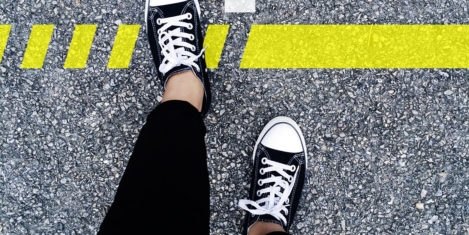To provide the best experiences, we use technologies like cookies to store and/or access device information. Consenting to these technologies will allow us to process data such as browsing behaviour or unique IDs on this site. Not consenting or withdrawing consent, may adversely affect certain features and functions.
The technical storage or access is strictly necessary for the legitimate purpose of enabling the use of a specific service explicitly requested by the subscriber or user, or for the sole purpose of carrying out the transmission of a communication over an electronic communications network.
The technical storage or access is necessary for the legitimate purpose of storing preferences that are not requested by the subscriber or user.
The technical storage or access that is used exclusively for statistical purposes.
The technical storage or access that is used exclusively for anonymous statistical purposes. Without a subpoena, voluntary compliance on the part of your Internet Service Provider, or additional records from a third party, information stored or retrieved for this purpose alone cannot usually be used to identify you.
The technical storage or access is required to create user profiles to send advertising, or to track the user on a website or across several websites for similar marketing purposes.
 Companies are facing complex performance challenges as the COVID-19 resurgence heightens the need to reinvigorate employee engagement. JLL’s new “Human Experience” report explores these changing workforce dynamics and expectations in a post-pandemic world and offers insights for how forward-thinking companies can reimagine their approach to managing their people and workplaces to stay ahead in 2021. (more…)
Companies are facing complex performance challenges as the COVID-19 resurgence heightens the need to reinvigorate employee engagement. JLL’s new “Human Experience” report explores these changing workforce dynamics and expectations in a post-pandemic world and offers insights for how forward-thinking companies can reimagine their approach to managing their people and workplaces to stay ahead in 2021. (more…)






 In the
In the 
 New research from
New research from 




 Environmental and sustainability professional,
Environmental and sustainability professional, 
 The amount of change that the average employee can absorb without suffering fatigue in 2020 has been cut in half compared to 2019, according to
The amount of change that the average employee can absorb without suffering fatigue in 2020 has been cut in half compared to 2019, according to 
 New research from financial advice and investment network
New research from financial advice and investment network 













November 25, 2020
Change like everyone is watching
by Neil Usher • Business, Comment